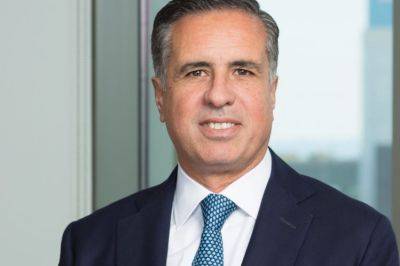Uniswap DAO rejects plan to charge LP fees; UNI holders cite tax concerns
A proposal to enable protocol fees for the Uniswap decentralized exchange failed on June 1, potentially allowing liquidity providers (LPs) to continue to earn all revenue from swaps, according to the proposal’s official webpage. It narrowly missed being passed, with 45.32% of votes going to the “no fee” camp and 42.34% voting to charge liquidity providers one-fifth of the fees they receive from users. Another 12.3% voted to enact a fee charge of one-tenth and 0.04% voted to charge one-sixth.
The “no fee” camp won by a plurality, implying that supporters of a protocol fee may have prevailed if they had united behind a specific fee percentage.
Uniswap fee switch vote neck and neck in the final hours.Fun fact, I don't think any UNI vote that's passed on snapshot has been turned down once proposed onchain. pic.twitter.com/lasYGYaELM
The vote was a “temperature check,” or non-binding preliminary ballot; further refinements may be offered in the future as discussion continues.
Uniswap is governed by the Uniswap Decentralized Autonomous Organization (Uniswap DAO), consisting of holders of the Uniswap (UNI) token.
The exchange currently charges crypto traders 0.01% to 1% of each swap as a fee, depending on the particular pool they use. However, all these fees go to the liquidity providers or market makers who provide crypto to be traded. The UNI token holders who theoretically own the protocol do not receive any of these fees.
In the proposal’s official forum page, supporters argued that Uniswap has matured as an exchange and no longer needs to offer full rebates to liquidity providers. The proposal’s author, GFX Labs, posted a list of fees from Uniswap and competitors Coinbase and Binance, arguing that Uniswap’s subsidies to LPs will
Read more on cointelegraph.com










